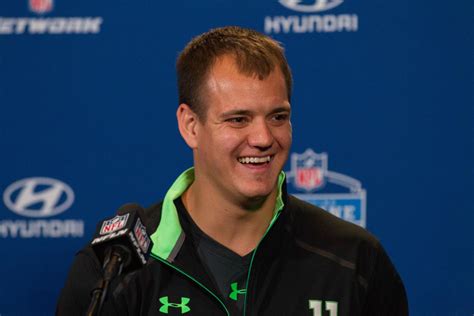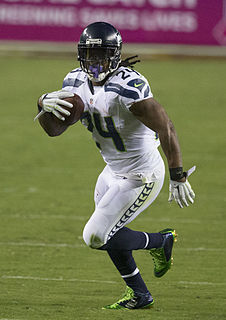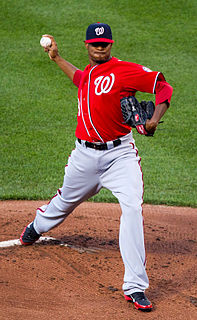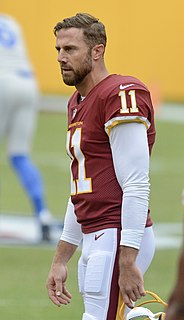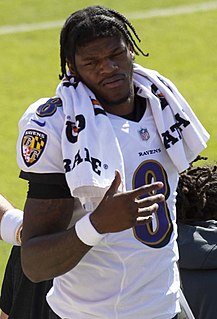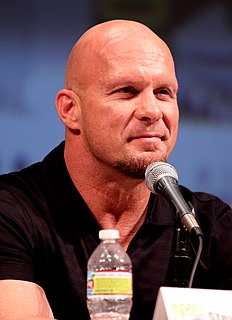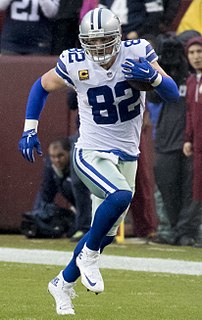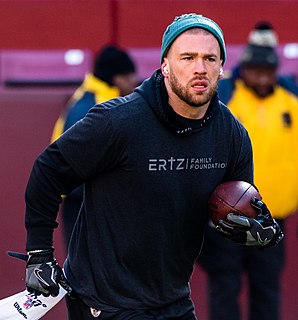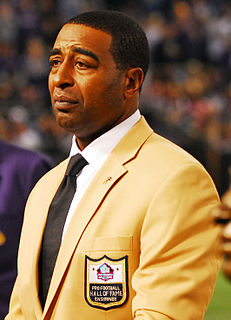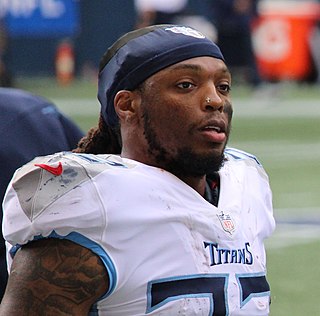A Quote by Glenn Gronkowski
I have no problem lining up running back, tight end, or fullback.
Quote Topics
Related Quotes
When I went to the Pro Bowl, I went as a tight end. When I made the All Pro team, I made it as a tight end. When they introduced us and I ran out of the tunnel, they introduced me as a tight end. So how is that possible that now that my career is over, they say, 'Well, he put up stats like a wide receiver?' It's not my fault I was ahead of my time.
I think it's relatively easy to play defense against a team that can only do one thing. Unfortunately, that's not what we're talking about here with Seattle. They have a great running back - they have a great group of running backs - but Lynch obviously is really kind of in a class by himself. The quarterback's a problem, the receivers are a problem, they have a good offensive line.
Even though you wouldn't want to line a D-lineman and running back up across from each other to block, when you get help initially from the guard, and then the defensive tackle gets picked up by the running back, it's not as bad as a lot of people would think versus if you're just putting that matchup on paper.
As a running back, when you get the ball year after year - and I would say three years on the short end and seven on the long side - you reach a point where it seems like overnight, your body changes and you can't do what you used to do anymore. We see those drastic declines more at running back than any other position.
